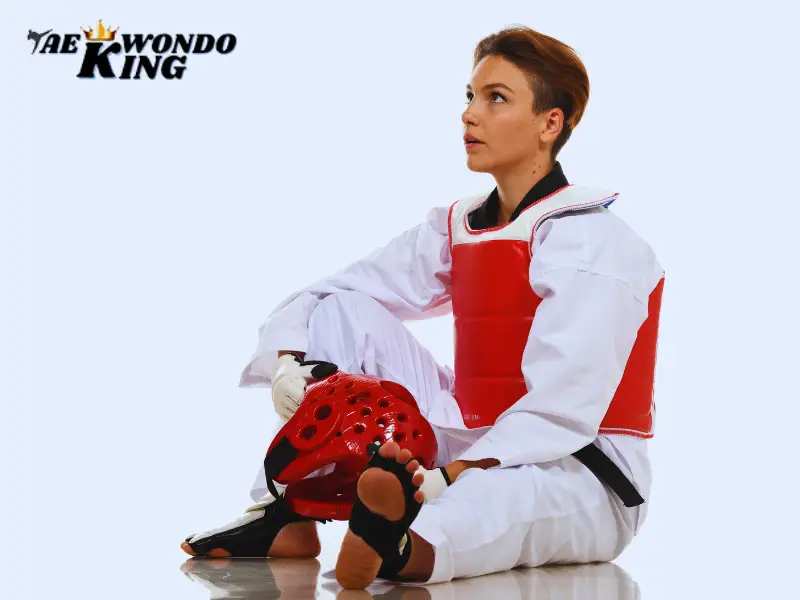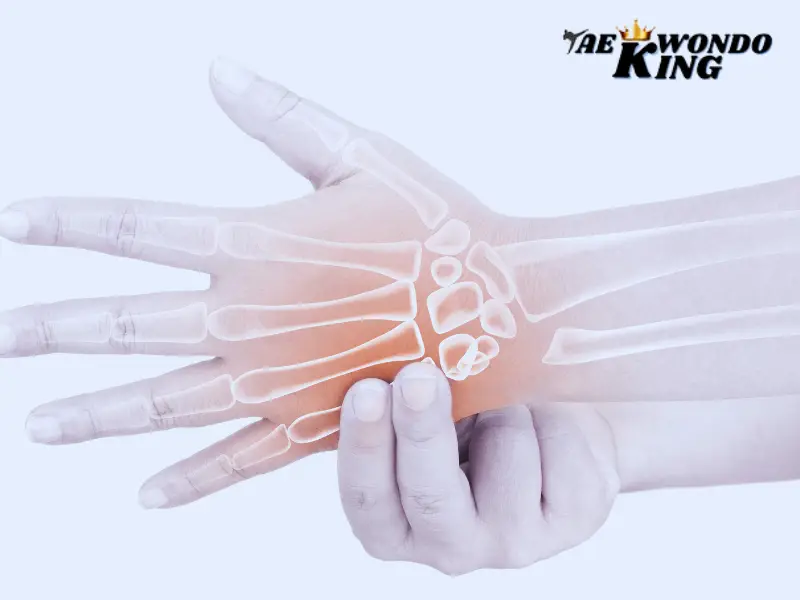
Yin yoga is a slow and gentle practice. It focuses on deep stretching and relaxation. Many people use it to reduce stress and improve well-being. But how does yin yoga help with mental health?
This article explores its benefits, techniques, and science-backed effects.
What is Yin Yoga?
Yin yoga is a style of yoga that targets deep tissues. It involves long-held poses and mindful breathing. Unlike fast yoga styles, it promotes stillness and calmness.
Key Features of Yin Yoga
- Poses are held for 3 to 5 minutes.
- It stretches deep connective tissues.
- Focuses on breath control and meditation.
- Promotes relaxation and mindfulness.

How Does Yin Yoga Help with Mental Health?
Yin yoga improves mental well-being in many ways. It calms the nervous system, reduces stress, and enhances emotional balance.
1. Reduces Stress and Anxiety
- Long-held poses activate the parasympathetic nervous system.
- This lowers heart rate and reduces stress hormones.
- Mindful breathing helps ease anxious thoughts.
2. Increases Mindfulness
- Holding poses for a long time requires focus.
- This builds awareness of the body and mind.
- Regular practice improves emotional control.
3. Releases Stored Emotions
- Tension is stored in deep tissues.
- Stretching these areas can release emotional stress.
- Many people feel lighter after a session.
4. Improves Sleep Quality
- Slow breathing and deep relaxation prepare the body for sleep.
- Yin yoga reduces nighttime stress and overthinking.
- A calm mind leads to better sleep patterns.
5. Balances the Nervous System
- It shifts the body from “fight or flight” to “rest and digest.”
- This creates a sense of safety and relaxation.
- A balanced nervous system improves mental clarity.
Science Behind Yin Yoga and Mental Health
Studies show that yoga affects brain chemistry. It increases serotonin and dopamine levels. These hormones improve mood and reduce depression.
- Serotonin – Boosts happiness and reduces stress.
- Dopamine – Improves motivation and mental clarity.
- GABA (Gamma-aminobutyric Acid) – Reduces anxiety.
By practicing yin yoga, the brain enters a relaxed state. This helps in managing emotions and mental well-being.
How Yin Yoga Affects the Brain
Yin yoga influences different brain areas.
1. Prefrontal Cortex
- Controls decision-making and emotions.
- Yin yoga strengthens this area.
- Helps in handling stress better.
2. Amygdala
- Processes fear and anxiety.
- Yin yoga calms this part of the brain.
- Reduces overreaction to stress.
3. Hippocampus
- Responsible for memory and learning.
- Meditation in yin yoga boosts its function.
- Improves focus and mental sharpness.
How to Practice Yin Yoga for Mental Health
To get the best benefits, follow these steps:
1. Set a Calm Space
- Choose a quiet room.
- Use dim lighting and soothing music.
- Wear comfortable clothes.
2. Focus on Your Breath
- Take slow, deep breaths.
- Inhale through the nose and exhale through the mouth.
- Maintain steady breathing during poses.
3. Hold Poses for Longer
- Stay in each pose for at least 3 minutes.
- Relax and let gravity do the work.
- Avoid forcing any stretch.
4. Let Go of Thoughts
- Focus on body sensations.
- If thoughts arise, acknowledge them and return to the breath.
- Stay present at the moment.
5. End with Meditation
- Sit or lie down for a few minutes.
- Observe your breathing.
- Feel the mental clarity and calmness.

Best Yin Yoga Poses for Mental Health
These poses are effective for stress relief.
1. Butterfly Pose
- Stretches the hips and lower back.
- Relieves emotional tension.
2. Child’s Pose
- Encourages deep relaxation.
- Calms the nervous system.
3. Sphinx Pose
- Opens the chest and heart area.
- Reduces anxiety and improves breathing.
4. Dragon Pose
- Releases tension in the hips.
- Helps in emotional release.
5. Legs-Up-the-Wall Pose
- Improves blood circulation.
- Reduces stress and enhances relaxation.
Practicing these poses daily can boost mental health.
Why Yin Yoga is Better Than Other Yoga Styles for Mental Health
Many yoga styles improve well-being. But yin yoga has unique advantages.
- Slower Pace – Allows deeper relaxation.
- Long Holds – Helps process emotions.
- Minimal Effort – Suitable for all fitness levels.
- Deep Stretching – Releases stored tension.
Unlike fast-paced yoga, yin yoga provides deeper healing.
How Yin Yoga Helps Different Mental Health Issues
1. Anxiety
- Slows down racing thoughts.
- Reduces cortisol levels.
2. Depression
- Boosts serotonin and dopamine.
- Creates a sense of peace.
3. PTSD (Post-Traumatic Stress Disorder)
- Releases trauma stored in the body.
- Helps in emotional processing.
4. Burnout
- Restores energy levels.
- Encourages relaxation and recovery.
People struggling with mental health find relief through yin yoga.
How Often Should You Do Yin Yoga for Mental Health?
Even 10 minutes daily can make a difference. For deeper benefits, aim for:
- Beginners – 2 to 3 times a week.
- Intermediate – 4 to 5 times a week.
- Advanced – Daily practice.
Consistency is key. Over time, the mind becomes calmer and more focused.
Why Yin Yoga is a Powerful Tool for Mental Health?
So, how does yin yoga help with mental health? It calms the mind, reduces stress, and improves emotional balance.
- Reduces anxiety and stress.
- Boosts mood and mental clarity.
- Improves sleep and relaxation.
- Helps release stored emotions.
By practicing yin yoga regularly, you can achieve a healthier mind and body. Give it a try and feel the transformation!

FAQs
Yin Yoga help supports deep stretch and calm. Poses are slow and held longer. This helps joints, fascia, and the nervous system relax over time.
Yes, Yin Yoga help is great for stress relief. Slow breathing and still poses calm the mind. Many people feel more relaxed after each session.
Yin Yoga help works well for beginners. Movements are gentle and slow. You can adjust poses easily and listen to your body without rush.
Yes, Yin Yoga help improves flexibility over time. Long holds gently stretch deep tissues. Progress feels slow but steady with regular practice.
Most people use Yin Yoga help two to three times a week. Short sessions also work well. Consistency matters more than long practice time.
Yin Yoga help may ease mild joint stiffness. It improves circulation around joints. Avoid pain and stop if discomfort feels sharp or wrong.
Yes, Yin Yoga help is ideal for rest days. It supports recovery without strain. Many athletes use it to stay loose and calm.

Founder, Owner, and CEO of TaekwondoKing.
He is one of the top 100 martial artists in the World and among the top 20 referees in Bangladesh.
Ehatasamul Alom is an esteemed Kukkiwon Certified Taekwondo 3rd Dan Black Belt with over 15 years of experience in this dynamic martial art. Born in Rajshahi, Bangladesh, Ehatasamul’s journey with Taekwondo began at the tender age of seven. His passion led him to compete at national and international levels, where he has bagged numerous awards and honors. He is also a member of the Taekwondo National Referee Panel.
With a Bachelor’s degree in Sports Science from the prestigious Rajshahi University, Ehatasamul has a deep understanding of the technical and scientific aspects of martial arts and some other martial arts.
In 2022, Ehatasamul created the “TaekwondoKing.com” to share his knowledge, Free Resources, Values, and Real experiences. His articles focus on Taekwondo training techniques, competition strategies, Sport Products Reviews, and the art’s rich history and philosophy. He also writes about the importance of mental fortitude and discipline, key aspects of his teaching philosophy. He has already launched many sports, Taekwondo, and health-related Free online tools. His goal is to inspire both beginners and seasoned practitioners worldwide through insightful and engaging content.
If you need any help, contact Ehatasamul Alom at any time.




